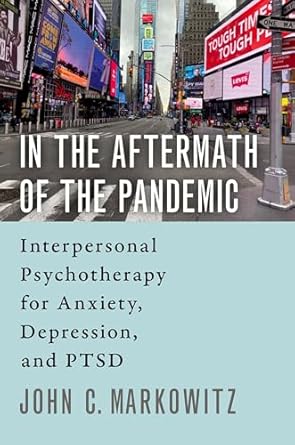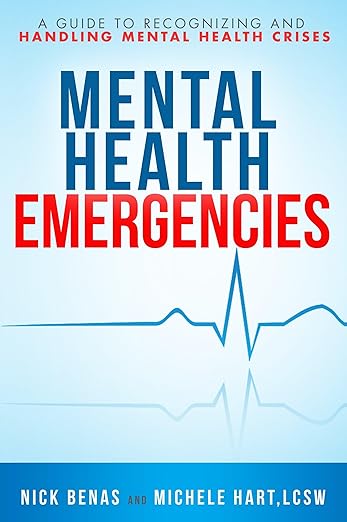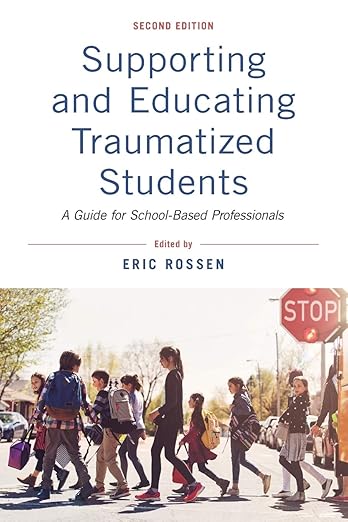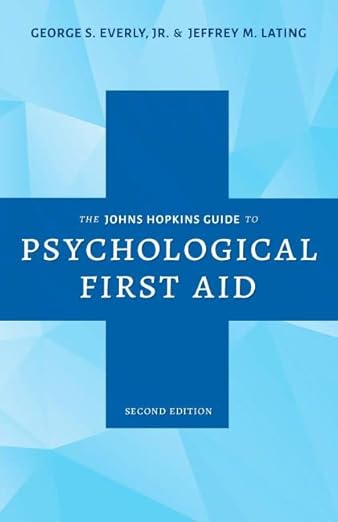Disaster and Trauma
Everyone who sees or experiences a disaster is affected by it in some way and has different needs and different ways of coping. Children and older adults are of special concern in the aftermath of disasters. Even individuals who experience a disaster “second hand” through exposure to media coverage can be affected.
From Our Collection
Coping After Trauma
Feelings of profound sadness, grief, and anger are normal reactions to an abnormal event. It is also normal to feel anxious about your personal safety, as well as the safety of family and friends. Healthy ways of coping include: acknowledging your feelings; focusing on your strengths and abilities; seeking help from professional counselors; and accepting help from and/or offering help to local community or faith-based organizations. In addition, FEMA and state and local governments of the affected area may provide crisis counseling assistance.
Source: Federal Emergency Management Agency
Apps
SAMHSA Disaster App
This free app offers first responders immediate access for any type of traumatic event at every phase of response, including pre-deployment preparation, on-the-ground assistance and post-deployment resources.
Fact Sheets
Videos
Podcasts
Trainings
- Building Workforce Resilience through the Practice of Psychological First Aid: A Course for Leaders and Teams (Train.org)
- Handling Emergencies with Andrew Roszak (Sesame Workshop)
- Mental Health Impacts of Climate Change: An Overview (Northwest MHTTC)
- Preventing and Addressing School Violence including Gun Violence Miniseries (National Center on Safe Supportive Learning Environments)
- Promising Practices in Disaster Behavioral Health Planning (SAMHSA DTAC)
- Shield of Resilience Training Course (SAMHSA)




